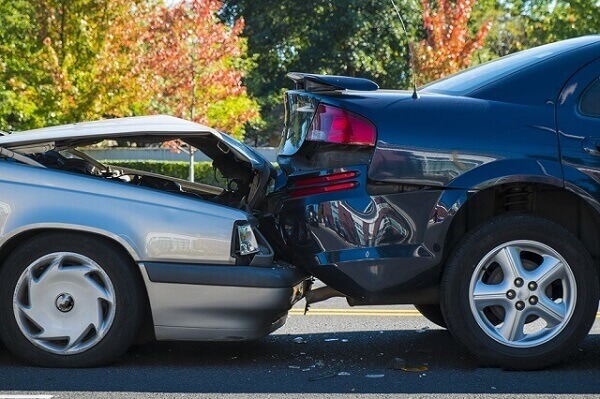When you are negotiating an auto accident settlement, the most important numbers are the insurance policy limits. What happens when auto accident settlements exceed the policy limits? Do accident...
Read more
Toyota at Fault in $242 Million Verdict Over Crash Injuries
Last week, a Texas jury handed down a $242 million verdict against Toyota after finding that defects in the front seats of a 2002 Lexus ES300 caused serious injuries to two young children during a rear-end collision in 2016.
The accident in question occurred in September 2016, as plaintiffs Benjamin and Kristi Reavis were traveling south on North Central Expressway in Dallas with their two children, a 3-year-old son and a five-year-old daughter. The children were secured in child safety seats in the vehicle’s back seat. The Reavis car was stopped in traffic when it was hit by a motorist in a Honda Pilot. The rear impact caused the front seats to fail and collapse back into the children’s seats. The children suffered serious head trauma, as well as other injuries. Subsequently, the children were found to have suffered permanent brain damage.
The Reavises sued Toyota after the collision, as well as the driver who rear-ended them, Michael Mummaw. The jurors found Toyota to be 95% liable for the damages, and Mummaw at 5% fault.
During the trial, the legal team for the Reavis family presented evidence which was claimed to show engineering, design, and structural issues with the front seats of the vehicles. The lawyers argued that Toyota consciously chose to protect front-seat occupants in accidents at the expense of rear-seat passengers.
In a unanimous decision, the jury awarded nearly $50 million to now 7-year-old Emily Reavis and $44 million to now 5-year-old Owen Reavis in damages for their injuries, loss of earning capacity, past and future medical expenses, and past and future pain and mental anguish. The jury also awarded each parent $3 million in damages.
Further, after finding that both Toyota Motor Corp. and Toyota Motor Sales were grossly negligent in the matter, the Dallas jury awarded the plaintiffs $144 million in punitive damages. Toyota Motor Corp is responsible for $129.6 million of the punitive award, while Toyota Motor Sales is responsible for the other $14.4 million. The jury found that the front seats were unreasonably dangerous and that the company failed to warn of the risk.
After the verdict was handed down, a Toyota spokesman issued the following written statement: “Toyota is committed to providing its customers with safe and reliable transportation, and we sympathize with anyone in an accident involving one of our vehicles. While we respect the jury’s decision, we remain confident that the injuries sustained were the result of factors specific to this very severe collision, not a defect in the design and manufacturing of the 2002 Lexus ES300. We will consider our options moving forward.”
In his post-verdict statement, Frank Branson, attorney for the Reavis family stated that “[t]his is a danger that Toyota has known about. This company has had plenty of time to design around these safety shortcomings.”
